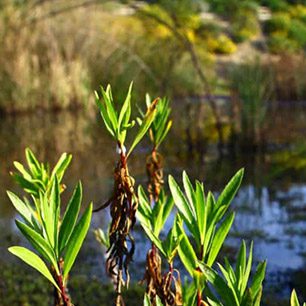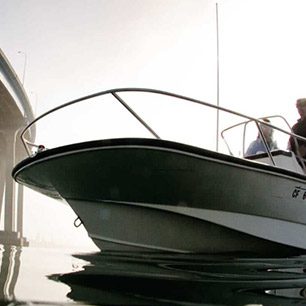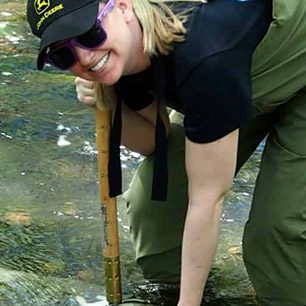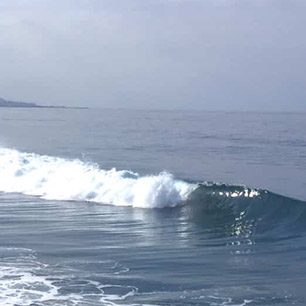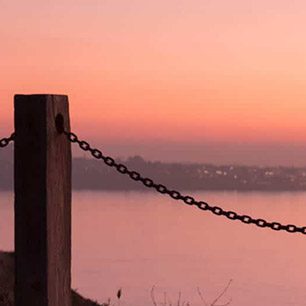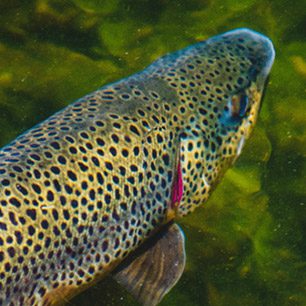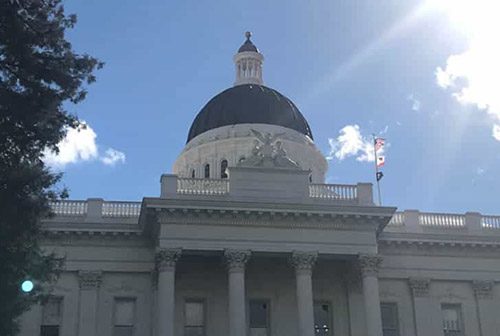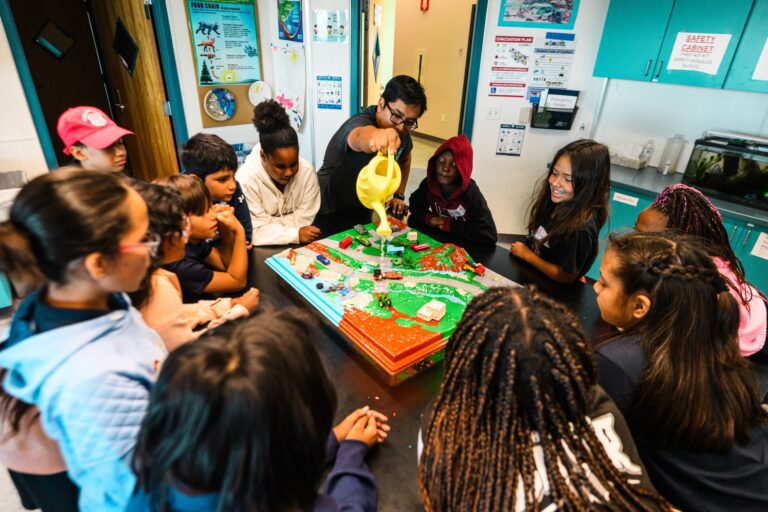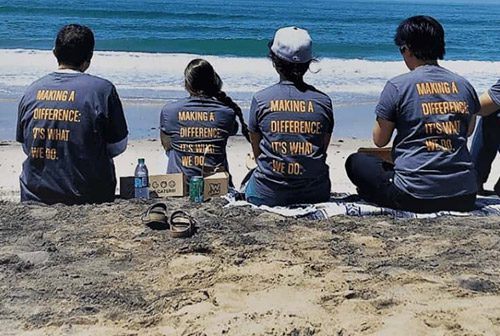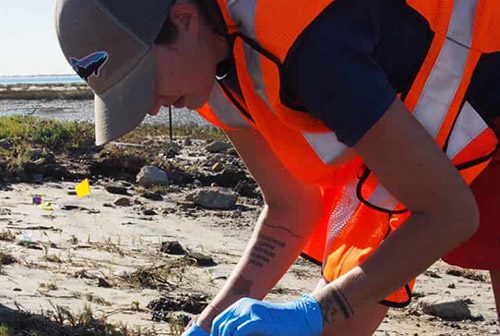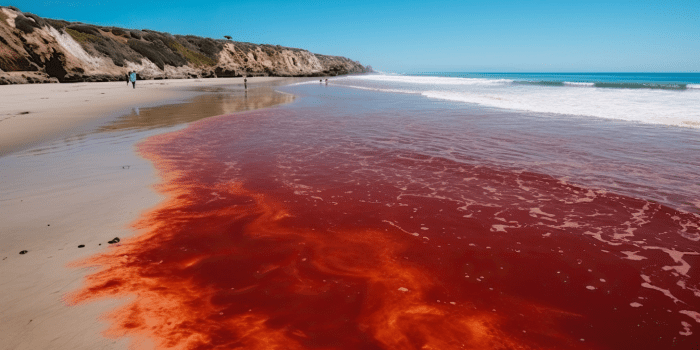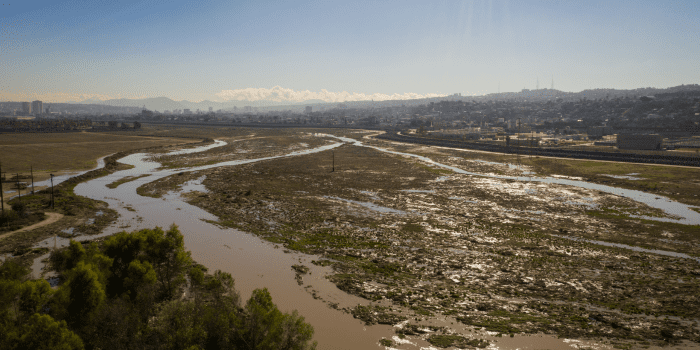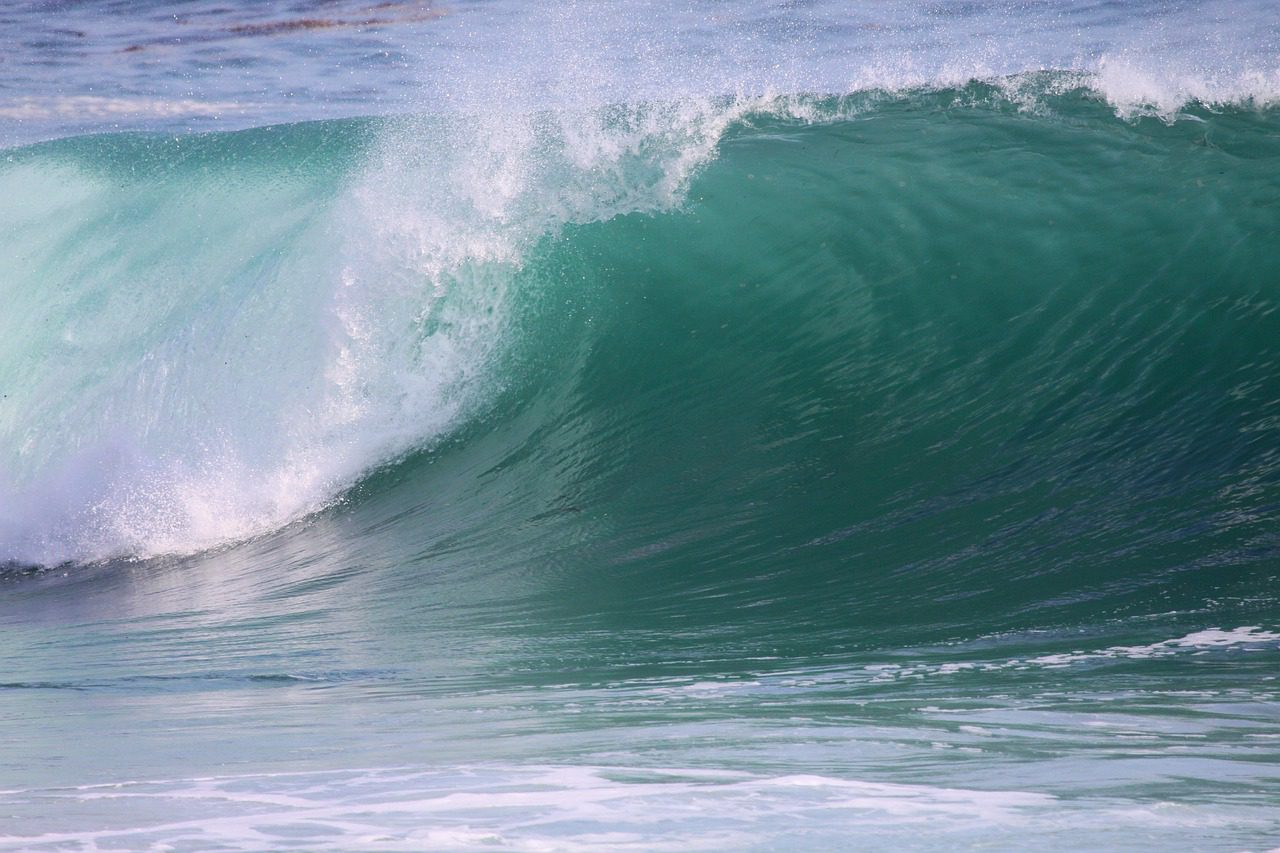

Too often environmental protection is the privilege of select communities, not the masses. The Clean Water Act and other environmental laws are more likely enforced in wealthy communities that can afford lawyers, while socio-economically disadvantaged communities and communities of color bear a disproportionate burden of environmental harm. I saw this pattern play time and again as an attorney in New Orleans with the Tulane Environmental Law Clinic, and I see it continue in San Diego.
To more effectively fight inequality and strive for clean water for all of us, I’ve been fortunate enough to be invited to participate in a national conversation about environmental justice. This spring, I was invited to join a U.S. EPA-sponsored work group to address ways to build community resiliency in industrial waterfront communities. Over the past several months, I joined work group calls with environmental justice advocates, government officials, business representatives and academics to share threats that industrial waterfront communities in San Diego face and brainstorm solutions to build resiliency in these communities. In particular, we’ve discussed threats from sea level rise and storm surge and discussed ways that EPA can work with local governments to avoid and minimize harm to industrial waterfront communities.


I hope that my participation in the national environmental justice dialogue moves us closer to fishable, swimmable, drinkable waters for all San Diegans.

